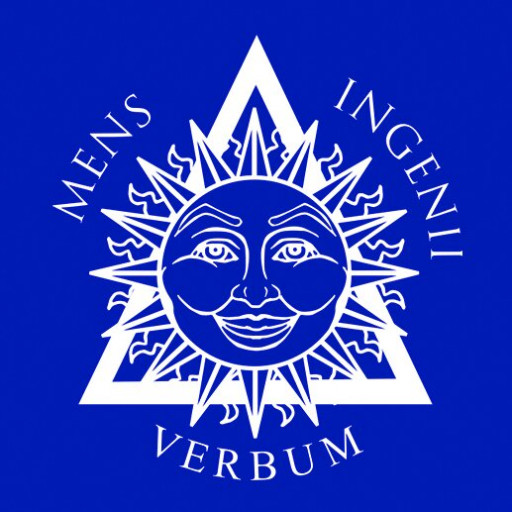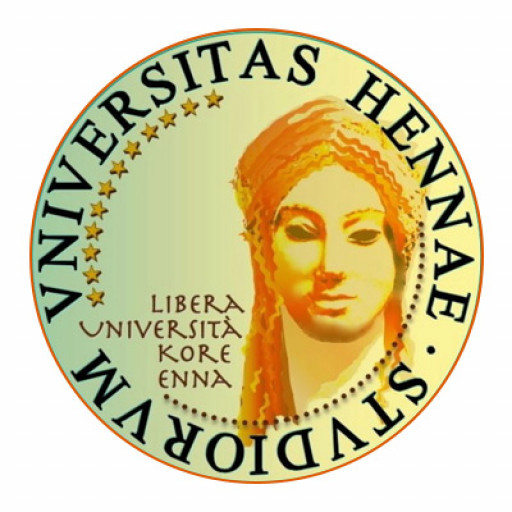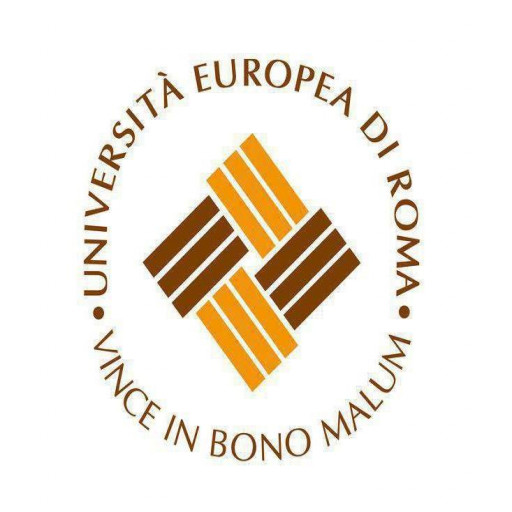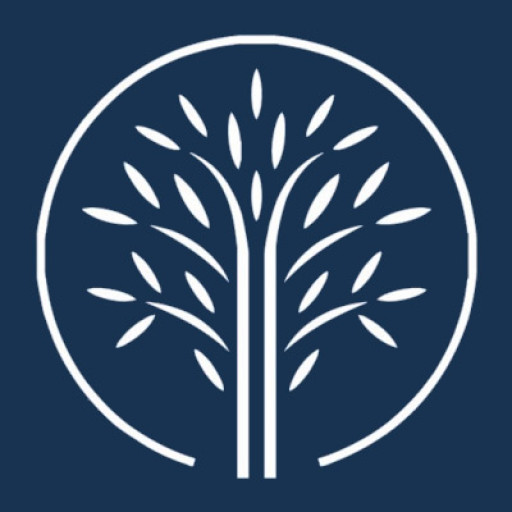Photos of university / #hanzeuas
Study a Master's in Media, Art, Design and Technology in the Netherlands
Artists, designers and performers doing strange things with technology. That is what the MADtech study programme is about. You will be expected to employ and artistically explore hybrid technologies to imagine, interpret and change human interaction with a transforming world. You will apply a trial-and-error and tinker mentality, with play and experimentation forming key aspects in your development and receiving special emphasis in the research you do. This mentality, combined with a critical reflective attitude and conceptual skills, will lead to unexpected perspectives and result in artistic multimedia, performative or design work.
MADtech students come from various professional backgrounds and fields of media, art and design, and all share a fascination with technology. The combination of disciplines gives you an opportunity to develop your artistic vision while deploying a hybrid artistic practice as an autonomous artist, designer or performer. As your work engages with the world, you will grow both as an individual and in your artistic practice, reinforcing the power of your imagination and exploring your own connection to a transforming, technologically charged society.
Hybrid practice
The MADtech make-and-learn community and professional practice is a hybrid approach and a mixture of art forms, including autonomous, applied and performing arts. Your project and the purpose of your work will define what sets you apart from other professionals working in this domain, while you all share an artistic process and are connected by creative and technological workspaces and experimental collaboration. In this situation, the artistic process gives direction to multiple patterns of research. These patterns of research strengthen the artistic process and enlarge your future field of work. Within the MAdtech programme you can combine or specialise in one or more research areas in the fields of media, art and design, which are linked together by the concept of a technologically charged society, for example Artistic Technology Research, Happiness Design Research and Experimental Performance Research.
Past, present and future
No matter which research track your on, at MADtech we are continually seeking a dialogue between different viewpoints on the past, present and future: between art and science, between theoretical and applied research, stable and unstable media, old and new technologies, and local and global forms of society. This is a group process in which we share our views and ideas, work together and learn from each other. At the same time, you will also embark on your own path, improving your knowledge and skills, and learning to reflect critically on your own position, role and work and on the world around you.
First year: exploring possibilities
The first year of this study programme is mostly about exploring your chosen field. You will carry out your own experiments in our Hybrid Arts Lab, tinker with new technology for creative programming and explore research possibilities in art, design and performative practices. This will allow you to improve your knowledge and skills, get to know the international field of practice, forge new concepts and discover avenues of artistic research.
First-year highlights
- Experimentation in our Hybrid Arts Lab.
- Rich creative programming course like MAX/MSP.
- Research and media theory courses on the relationship between visual perception psychology and media theory and between perception and cognition, current developments in media theory, and links between art, visual communication and visual culture.
- Option to attend lectures at the University of Groningen.
- A joint research course on Art and/as Research: Media, Materials and Makers together with master’s students from the University of Groningen.
- Regular sessions in which you and your fellow students present and discuss the results of experiments, workshops, research projects and your progress to each other, to experts and to the public.
- Individual and group visits to relevant institutions, festivals, workspaces and research centres.
Preparing for the second year
During your first year you will gradually start to focus on the area you want to concentrate on in your second year, gathering ideas, improving your skills and gaining new knowledge to prepare for your practical research. This will help you to develop and refine the research plan that you will carry out in the second year and which will form the basis for your master’s thesis. At the end of your first year your work will be assessed to determine whether you are ready to start the second year.
Second year: achieving your artistic goals
At the start of your second year you will begin work on your graduation project. Most of your time will be devoted to working on this project. You will still attend classes, but fewer than in your first year. Supervisors will advise and guide you and stimulate your progress. Your goal in this year is to complete your research project and write your master’s thesis. There will be plenty of opportunities throughout the year to share what you have learned and experienced with others during group sessions, discussions and presentations. Depending on your needs, one or more guest lecturers may also be asked to contribute to the supervision of your research project. Second-year students also take part in a series of public dialogues to discuss their work with guest lecturers and others, which will help you to enhance your work and take it to the next level.
Grants and awards
As a second year master’s student you can apply for excellence awards such as the George Verberg Grant, a prestigious annual award in the amount of €10,000, enabling the winner to spend a year in one of the Baltic States, Germany, Poland or Scandinavia to work there as an artist, designer or performer.
Second-year highlights
- Extensive time in the lab, experimenting on your own or in collaboration with others, focusing on your own project.
- Creative programme with both individual and group components.
- Option to attend lectures on relevant topics at the University of Groningen, including history of art, psychology of art and art philosophy.
- Independent study, supervised by your lecturers.
- Project work, collaborating with the Centre of Applied Research and other Hanze UAS partners.
- Visits to international festivals such as Ars Electronica in Linz, Transmediale in Berlin, TENT London, Art Berlin, Oerol and an intensive study trip to New York.
- Regular sessions in which you and your fellow students present and discuss the results of experiments, workshops, research projects and work relating to your graduation project.
- Presentation and discussion of your work at public events such as festivals, exhibitions and lectures.
Graduation work and master’s thesis
Towards the end of your second year you will work on your graduation project and write a master’s thesis in which you demonstrate your analytical skills, critical view, ability to reflect on your own work and overall research abilities. Your thesis should set out how you envisage your future position in the visual art world, contributing to the public discussion to advance quality of life around the world. You will present both your artistic work and your master’s thesis during your public graduation ceremony.
Upon graduation you will be awarded a Master of Arts degree in Fine Art and Design with a specialisation in MADtech. Graduates typically go on to work as independent artists, designers or performers.
To be admitted you must hold a bachelor’s degree in art (visual art or design) or an equivalent university degree or qualifications in a related area. In addition, you are expected to be proficient in English. You must be able to read specialist publications in English, follow instructions in English and articulate your ideas well in English. English proficiency is to be demonstrated by submission of an official international IELTS or TOEFL test certificate. The minimum requirements are:
- International IELTS test score: 6.5
- International TOEFL test scores:
- Internet-based: 90
- Computer-based: 232
- Paper-based: 575
Our admission procedure consists of two rounds. First we assess your submitted documentation and completed application form. After this, we invite you for a half-hour interview, possibly followed by a second interview. If you live abroad and cannot come to Groningen for this, we can conduct the interview by telephone or Skype.
To be admitted to this master’s degree programme, you have to show us what you wish to get out of the programme. We therefore ask you to submit a broad outline of the kind of artistic research that matters to you. What fascinates you about media, art, design and technology? What kind of experiments would you like to carry out? During the admissions interview you will discuss your ideas with us. Once admitted, your ideas will form the basis for your next two years.
Tuition Fees 2018-2019
- EU/EEA students: € 2,060
- Non-EU/EEA students: € 7,700









